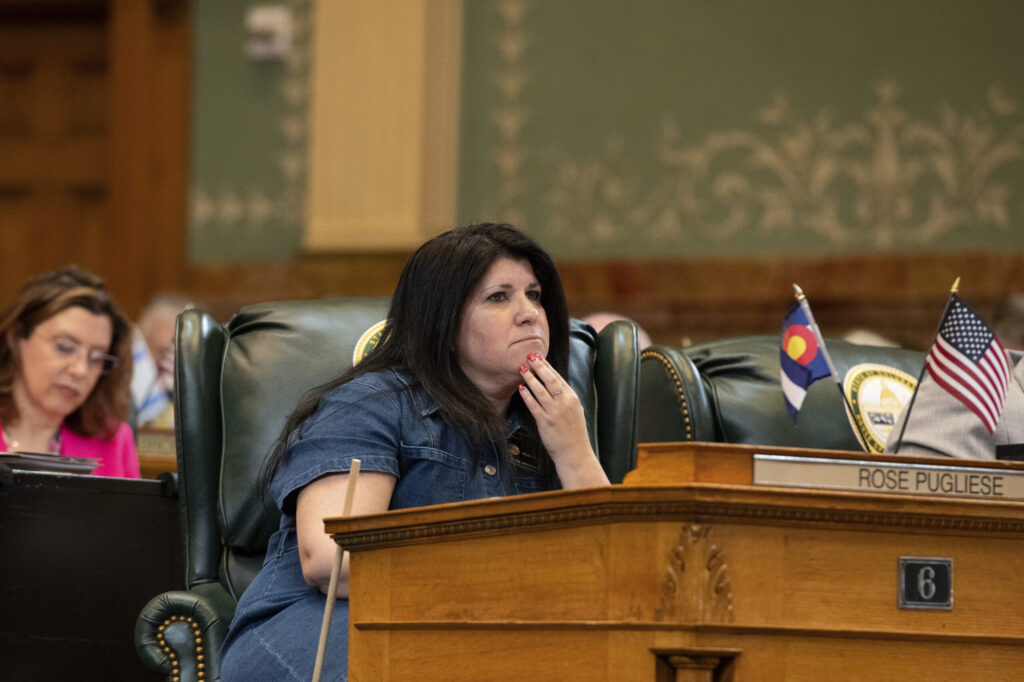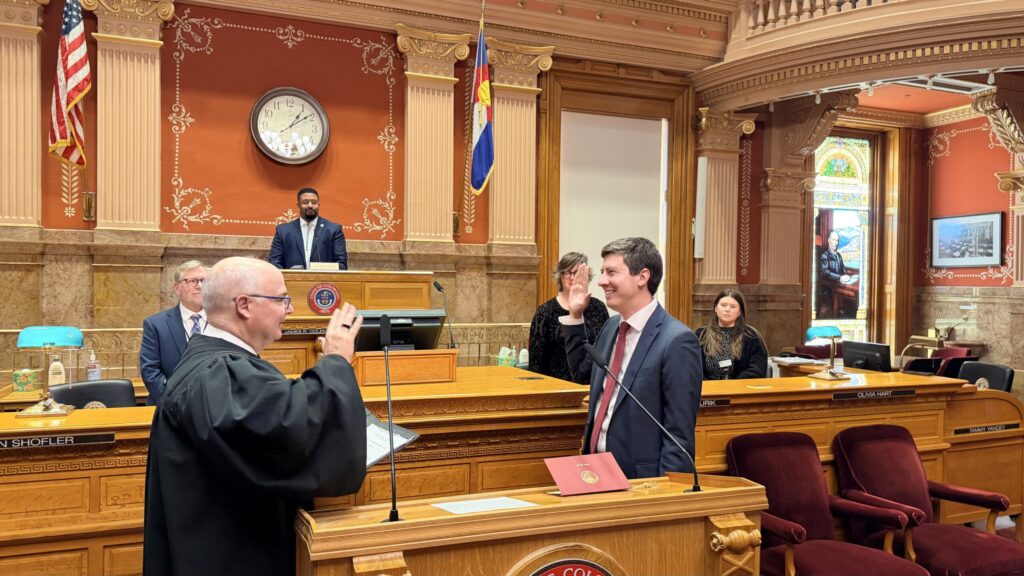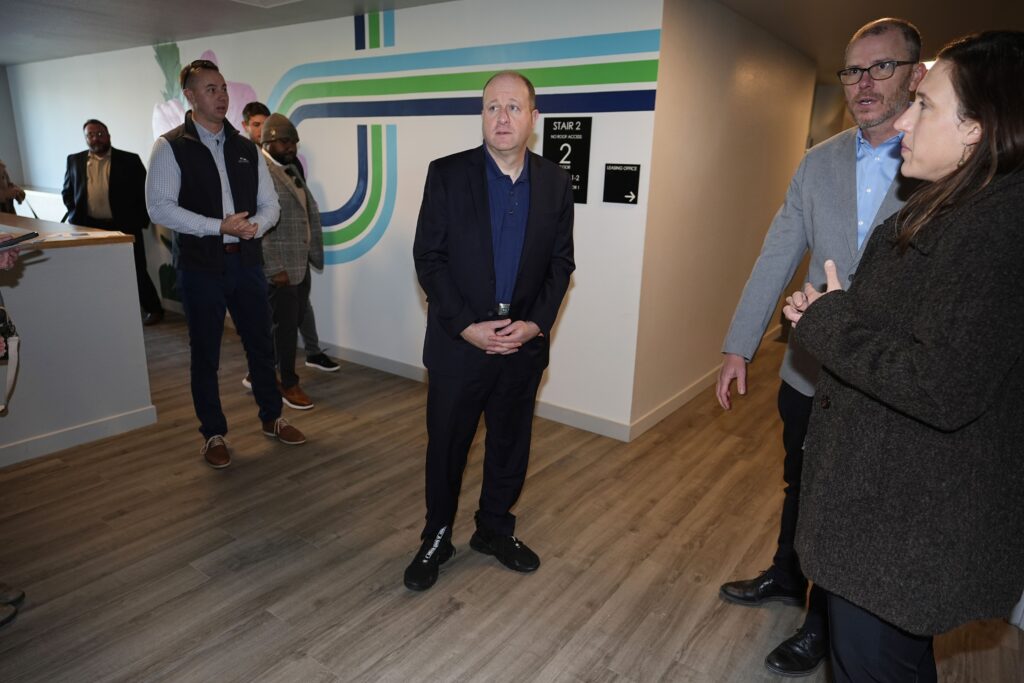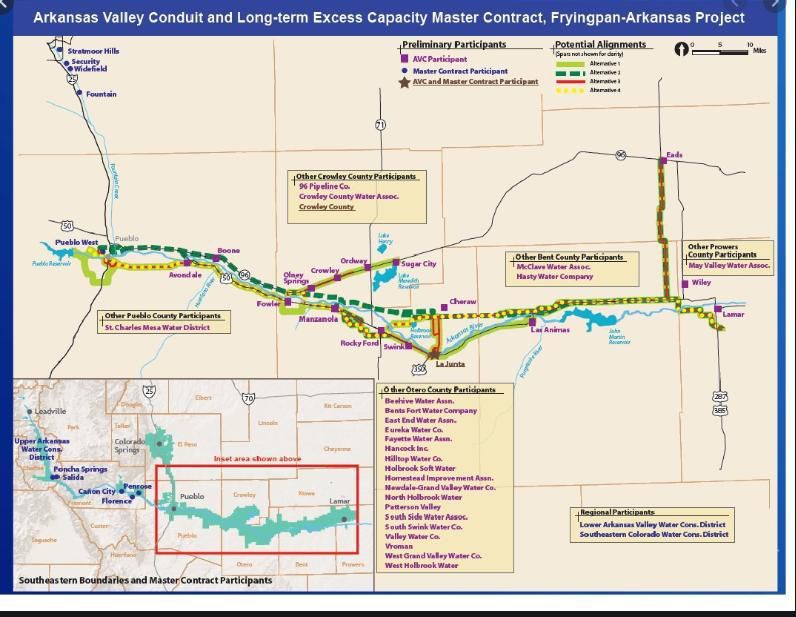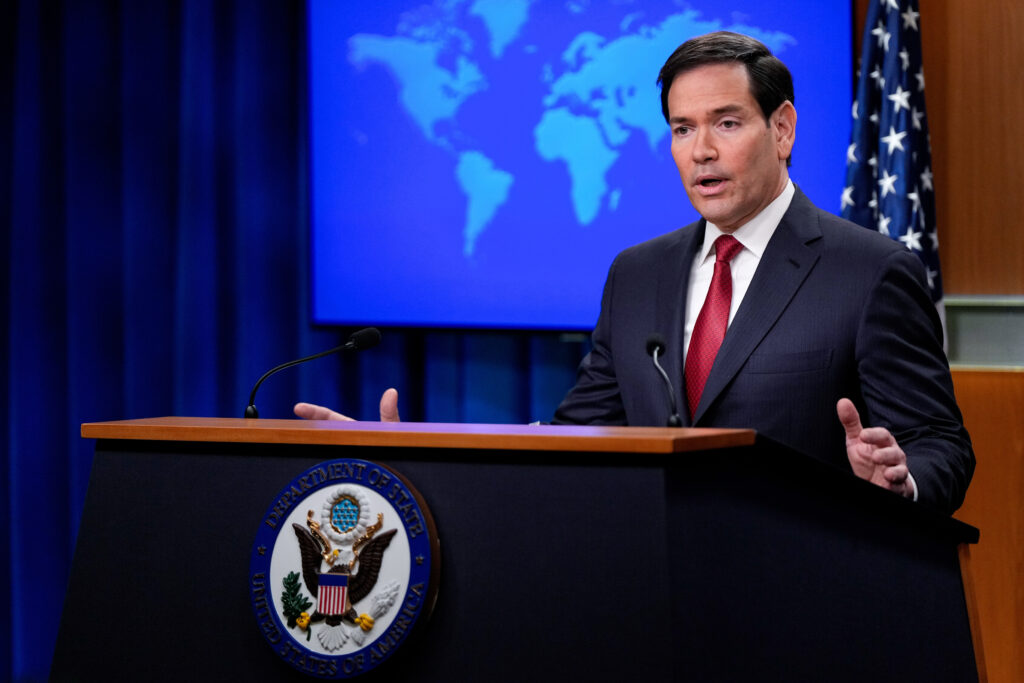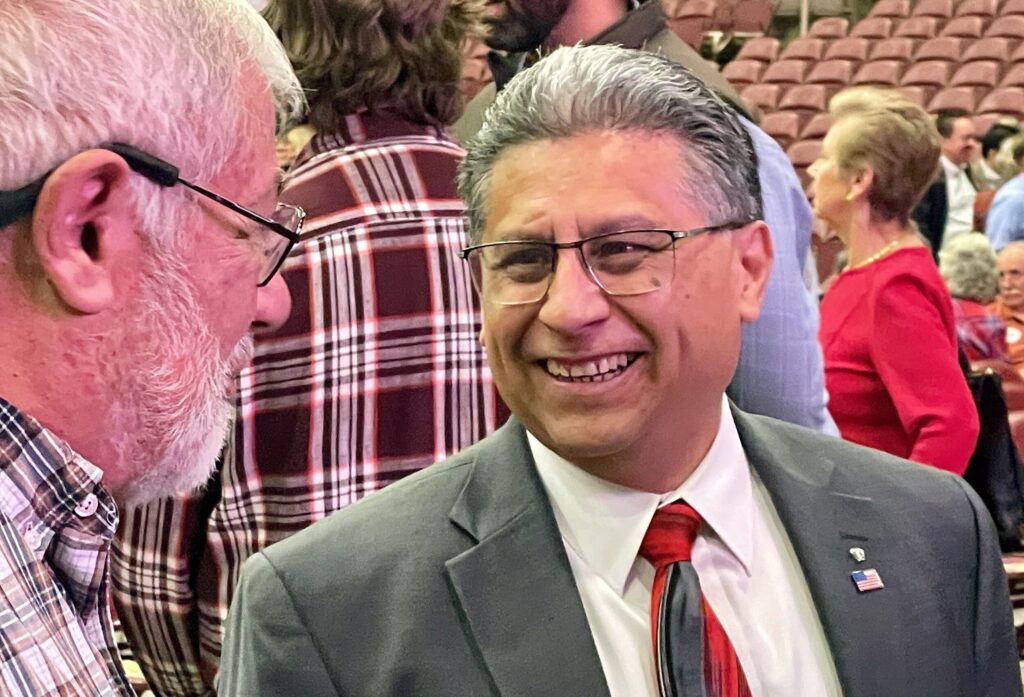First day of Colorado legislature’s special session ends with one bill gone, another to follow
It’s like a family reunion. Eventually there will be fights.
The “family” – the Colorado General Assembly – returned to the state Capitol on Monday to begin a special session intended to fix an unintentional problem caused last May. And the fight broke out almost immediately.
The Senate Transportation Committee killed the Senate bill that would address the fix. An hour later, the House Finance Committee passed their version and then the full House approved it on a voice vote later in the afternoon.
On Tuesday the House is expected to give final approval to its bill and then send it to the Senate and almost certain defeat.
Both bills were intended to fix a problem that surfaced in July.
During the last session, lawmakers passed an omnibus bill, under the title “Sustainability of Rural Colorado.” The title allowed for a hodgepodge of provisions, including reclassifying the state’s hospital provider fee program into an enterprise – a government owned business – that would spare hospitals around the state from a half-billion dollar budget cut. The law, which Gov. John Hickenlooper signed May 30, also put $30 million into rural schools, which have complained that they have suffered disproportionately from budget cuts in the past several years.
That $30 million came from changing how the state collects marijuana sales taxes. The bill simplified the sales tax, combining the 2.9 percent state sales tax with a 10 percent special sales tax levied on recreational marijuana sales. The bill then increased the total sales tax on marijuana to 15 percent, which is allowed under a voter-approved ballot measure from 2015.
But there was a problem, one that didn’t surface until more than a month after the measure was signed.
A handful of special districts – quasi-governmental agencies that provide services like transportation – had been receiving a portion of those state marijuana sales taxes. The bill didn’t create an exemption that would allow them to continue receiving those dollars, and as a result those nine special district stand to lose about $6.9 million in 2017-18 and up to $9.3 million by 2019-20.
The governor’s decision to call back lawmakers has drawn weeks of complaints from Republicans, including Senate Majority Leader Chris Holbert of Parker. Holbert told reporters Monday that the issue is not that they were offended that the governor hadn’t consulted them before making the decision on a special session. “We have figured out how to work together,” Holbert said, noting that lawmakers had passed 62 percent of the bills introduced in the 2017 session, a sign of bipartisan cooperation between Republicans and Democrats, including the governor.
While Holbert added that he did not intend to point fingers at the governor, he said that Republicans had found a way in the past session to get the majority of business done, and for some reason that bipartisanship wasn’t given a chance to work before the proclamation was issued.
Senate Republicans also said that the governor had offered them a compromise last Friday: He would call off the session if they could promise the fix would pass in January. Holbert said that such a guarantee is illegal. Senate President Pro-Tem Jerry Sonnenberg of Sterling said that if the governor was willing to cancel the special session, then it isn’t an emergency and the fix could wait until January.
Holbert said Republicans have constitutional concerns over two bills proposed by Democrats and intended to fix the problem.
Those concerns are based on whether the Taxpayer’s Bill of Rights (TABOR) requires voter approval for the fix. Republicans, including those in the Senate, believe the fix constitutes a tax policy change, which requires voter approval under TABOR. Democrats argue that a list of state Supreme Court decisions issued over the last 20 years allow the General Assembly to fix the inadvertent error.
Democrats told reporters Monday that every day the issue is unresolved the special districts lose more and more money. Speaker of the House Crisanta Duran, a Denver Democrat, said “that’s less money for transportation, especially in the rural areas, less money for arts and cultural institutions that enrich our lives and less funding for healthcare in the southwest corner of our state.
“The grumbling and finger-pointing around the special session should not hide the fact that this mistake is hurting people across Colorado,” she said. “In this special session we need to remember the retiree who relies on the bus to get to the doctor or school kids whose class trips to the museum will have to be canceled.”
By Monday’s end, the Senate’s only bill on the issue was dead, a measure sponsored by Democratic Senate Minority Leader Lucia Guzman of Denver and Sen. Daniel Kagan of Cherry Hills Village. The Senate Transportation Committee killed the bill on a 3-2 party-line vote.
Majority Republicans spent much of the Monday hearing asking witnesses to talk about how the special session would be paid for. That issue arose last Friday, when Colorado Politics reported that the special districts might cover the special session tab of about $25,000 per day.
RTD General Manager Dave Genova told lawmakers that the idea came from Hickenlooper. The governor’s lobbyist, Kurt Morrison, told Colorado Politics that the governor had proposed that the money come out of the revenue the districts receive, and the districts agreed to it. However, some of the special district representatives indicated during committee testimony they wouldn’t be in favor of paying for the special session if the fix was not adopted.
Democrats on the transportation committee focused their questions on the potential cutbacks in services that the special districts could face if the legislation fails. Genova noted that while service changes are not yet anticipated, the continued loss of revenue, about a half million dollars a month, could impact services in the future.
The House version, which passed the House Finance Committee on an 8-5 vote, drew backing from one Republican, Rep. Dan Thurlow of Grand Junction.
The full House debated the bill on second reading Monday afternoon, a debate that lasted all of seven or eight minutes and ended with voice vote approval. Democratic House Majority Leader KC Becker of Boulder pointed out during Monday’s debate that case law is clear. “We made a mistake, we have a responsibility to own up to it and fix it and (honor) the will of the voters.”
Republican House Minority Leader Patrick Neville of Franktown told fellow lawmakers that “if you repeal the tax credit that money ends up back in the hands of the people. If we aren’t making a change in tax policy, what are we doing?”
“This legislature did act. We passed SB 267,” said Republican Rep. Kevin Van Winkle of Highlands Ranch. “SB 267 is the law of the land today, and this is a new proposal that will collect a tax that is not currently collected. If a tax isn’t currently collected, and then is collected, that’s a tax increase.”
It’s not a new tax, Becker argued. “It existed just a few months ago,” and it’s not a tax policy change, she said.
Without the fix, rural Colorado will suffer, added Democratic Rep. Diane Mitsch-Bush of Steamboat Springs. This mistake cost real people real money, such as the Montezuma Hospital District, or the regional transportation authorities on the Western Slope. “It’s working people who use the buses from those regional authorities, those who can’t afford to live where they work,” she said.
The House bill will be voted on a final time by the full House Tuesday morning, and then heads to the Senate and certain defeat. Should that happen as expected, the special session will end on its second day.
Hickenlooper met with reporters Monday afternoon, sounding tired and resigned, but voicing optimism that when people talk, good things can happen.
“We in this building are responsible, not the organizations that are supposed to be receiving the money,” he said.
He said he had met with leaders from both parties during the day Monday trying to broker a solution, but he had found none so far.
“I think it comes back to why should these voters be deprived of money that these voters have already approved,” the governor said.
He wasn’t sure who would pay a political price if the session collapses, but rather he personally doesn’t assign blame, since Democrats and Republicans in the legislature and his office all signed off on the bill last spring.
“I’m not a big blamer,” he said.
__
Joey Bunch contributed to this report.



